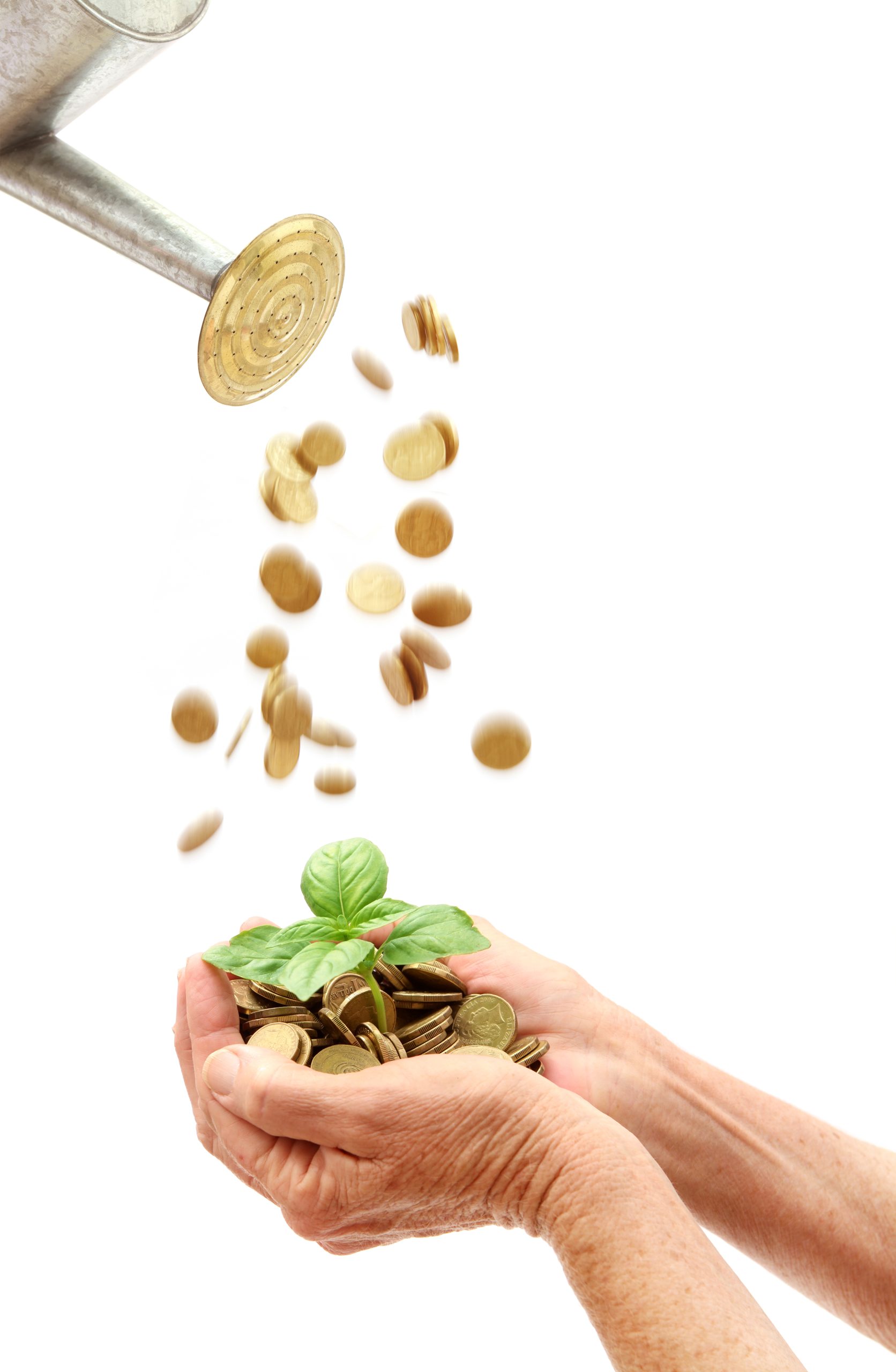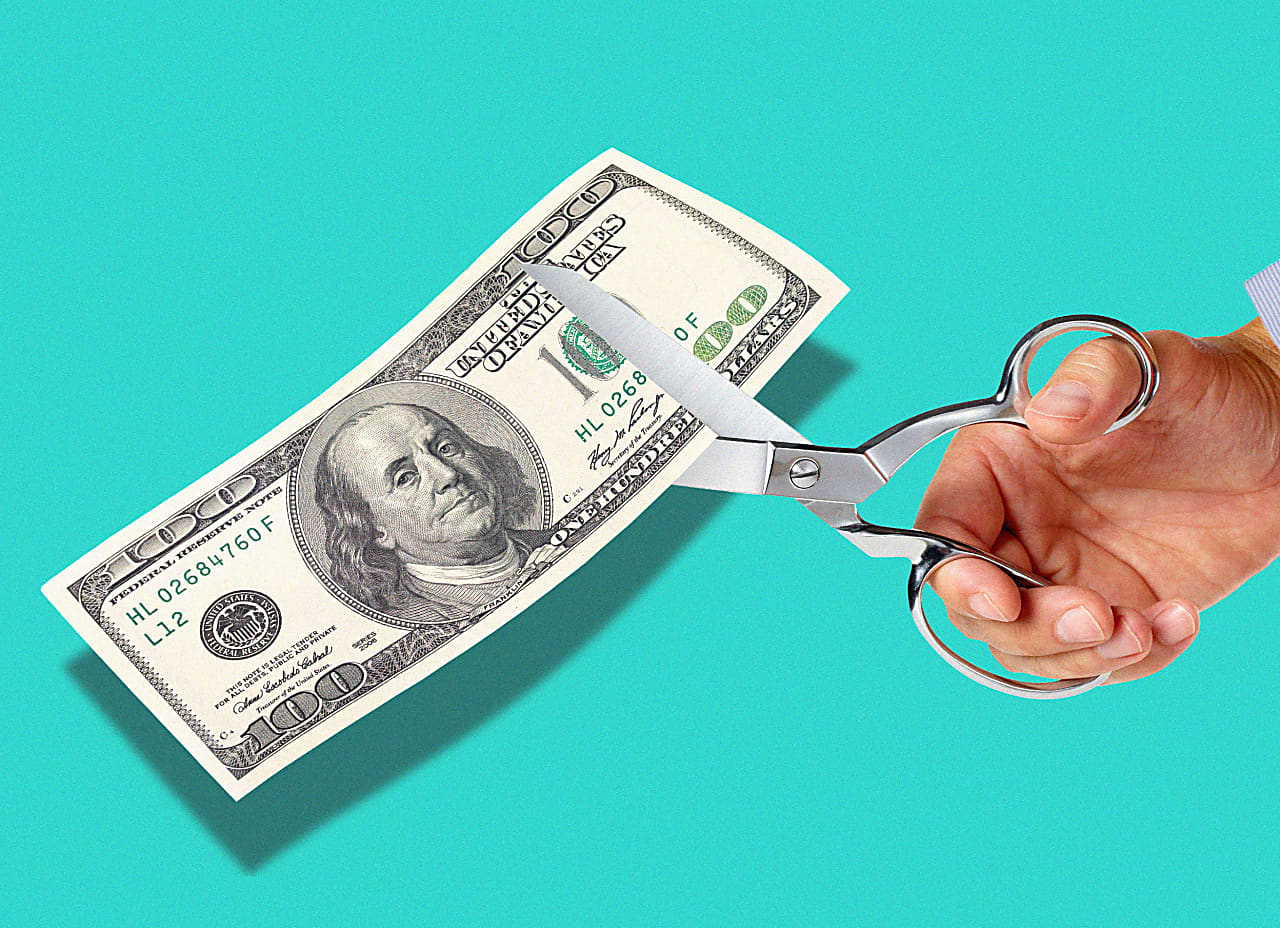Bitcoin Hits High of $19,850 As Doubters Become Believers
Bitcoin soared to an all-time high on Monday, hitting US$19,850 in the morning before again slipping below US$19,500 by the afternoon.
It has nearly doubled in just the past two months. The cryptocurrency has been boosted by a flurry of endorsements from traditional investors, favourable government policies, and expanded access on investment apps, as Barron’s noted this weekend.
Even traditional investors who had long spurned or ignored Bitcoin have begun reconsidering. New buyers tend to view the digital asset as a hedge against currency devaluation at a time when governments have loosened monetary policy to deal with the coronavirus. It doesn’t bother many bulls that Bitcoin remains mostly useless as a currency. Its role as an asset appears to be enough.
Scott Minerd, the global chief investment officer at Guggenheim, appears to be warming to Bitcoin. The Guggenheim Macro Opportunities Fund (ticker: GIOAX), with more than $5 billion in assets under management, said in a regulatory filing that it may invest up to 10% of its net asset value in Grayscale Bitcoin Trust (GBTC), a stock-like security that tracks the price of Bitcoin.
Bernstein analyst Inigo Fraser-Jenkins, co-head of the portfolio strategy team, wrote on Monday: “I have changed my mind about Bitcoin’s role in asset allocation. In January 2018 we declared that it had no such role. But actually, maybe we have to admit it does. What has changed is the policy environment, debt levels and diversification options for investors post the pandemic.”
One reason that analysts are changing their minds about Bitcoin is that it may serve to balance portfolio exposure for some investors. Stocks are trading at high valuations, so it makes sense to hedge exposure to them. But bonds and Treasuries have also rallied, and are trading with such low yields that there’s not much reward for the risk that investors are taking on.
Gold has also risen in recent months and is trading near a 50-year high relative valuation to other commodities, according to Jim Paulsen, the chief investment strategist at the Leuthold Group.
Paulsen recommended on Monday that clients consider Bitcoin as a way to balance their portfolios. He is impressed with how uncorrelated it has been to other assets — both stocks and things like bonds and gold. “The thing is, Bitcoin has risks, but today, so do most of the other balanced portfolio alternatives,” he wrote.
He explained more in a follow-up email to Barron’s.
“I still don’t really understand what drives Bitcoin but I am finally willing to recognize that its short history yields some beneficial attributes which I can’t find elsewhere,” Paulsen wrote. “And, unlike other balance possibilities, I am not looking to ‘buy and hold’ Bitcoin (would need to understand it better to do that), but rather looking to exploit its excessive volume in order to improve the workings of a traditional balanced portfolio in a way which is not possible if utilizing only traditional assets. My point essentially is that I am not really attracted per se to Bitcoin fundamentally, but rather only its ‘interactive’ character (including its unique excessive volatility) with stocks and other traditional assets.”
 Copyright 2020, Dow Jones & Company, Inc. All Rights Reserved Worldwide. LEARN MORE
Copyright 2020, Dow Jones & Company, Inc. All Rights Reserved Worldwide. LEARN MORE
This stylish family home combines a classic palette and finishes with a flexible floorplan
Just 55 minutes from Sydney, make this your creative getaway located in the majestic Hawkesbury region.
Impact investing is becoming more mainstream as larger, institutional asset owners drive more money into the sector, according to the nonprofit Global Impact Investing Network in New York.
In the GIIN’s State of the Market 2024 report, published late last month, researchers found that assets allocated to impact-investing strategies by repeat survey responders grew by a compound annual growth rate (CAGR) of 14% over the last five years.
These 71 responders to both the 2019 and 2024 surveys saw their total impact assets under management grow to US$249 billion this year from US$129 billion five years ago.
Medium- and large-size investors were largely responsible for the strong impact returns: Medium-size investors posted a median CAGR of 11% a year over the five-year period, and large-size investors posted a median CAGR of 14% a year.
Interestingly, the CAGR of assets held by small investors dropped by a median of 14% a year.
“When we drill down behind the compound annual growth of the assets that are being allocated to impact investing, it’s largely those larger investors that are actually driving it,” says Dean Hand, the GIIN’s chief research officer.
Overall, the GIIN surveyed 305 investors with a combined US$490 billion under management from 39 countries. Nearly three-quarters of the responders were investment managers, while 10% were foundations, and 3% were family offices. Development finance institutions, institutional asset owners, and companies represented most of the rest.
The majority of impact strategies are executed through private-equity, but public debt and equity have been the fastest-growing asset classes over the past five years, the report said. Public debt is growing at a CAGR of 32%, and public equity is growing at a CAGR of 19%. That compares to a CAGR of 17% for private equity and 7% for private debt.
According to the GIIN, the rise in public impact assets is being driven by larger investors, likely institutions.
Private equity has traditionally served as an ideal way to execute impact strategies, as it allows investors to select vehicles specifically designed to create a positive social or environmental impact by, for example, providing loans to smallholder farmers in Africa or by supporting fledging renewable energy technologies.
Future Returns: Preqin expects managers to rely on family offices, private banks, and individual investors for growth in the next six years
But today, institutional investors are looking across their portfolios—encompassing both private and public assets—to achieve their impact goals.
“Institutional asset owners are saying, ‘In the interests of our ultimate beneficiaries, we probably need to start driving these strategies across our assets,’” Hand says. Instead of carving out a dedicated impact strategy, these investors are taking “a holistic portfolio approach.”
An institutional manager may want to address issues such as climate change, healthcare costs, and local economic growth so it can support a better quality of life for its beneficiaries.
To achieve these goals, the manager could invest across a range of private debt, private equity, and real estate.
But the public markets offer opportunities, too. Using public debt, a manager could, for example, invest in green bonds, regional bank bonds, or healthcare social bonds. In public equity, it could invest in green-power storage technologies, minority-focused real-estate trusts, and in pharmaceutical and medical-care company stocks with the aim of influencing them to lower the costs of care, according to an example the GIIN lays out in a separate report on institutional strategies.
Influencing companies to act in the best interests of society and the environment is increasingly being done through such shareholder advocacy, either directly through ownership in individual stocks or through fund vehicles.
“They’re trying to move their portfolio companies to actually solving some of the challenges that exist,” Hand says.
Although the rate of growth in public strategies for impact is brisk, among survey respondents investments in public debt totaled only 12% of assets and just 7% in public equity. Private equity, however, grabs 43% of these investors’ assets.
Within private equity, Hand also discerns more evidence of maturity in the impact sector. That’s because more impact-oriented asset owners invest in mature and growth-stage companies, which are favored by larger asset owners that have more substantial assets to put to work.
The GIIN State of the Market report also found that impact asset owners are largely happy with both the financial performance and impact results of their holdings.
About three-quarters of those surveyed were seeking risk-adjusted, market-rate returns, although foundations were an exception as 68% sought below-market returns, the report said. Overall, 86% reported their investments were performing in line or above their expectations—even when their targets were not met—and 90% said the same for their impact returns.
Private-equity posted the strongest results, returning 17% on average, although that was less than the 19% targeted return. By contrast, public equity returned 11%, above a 10% target.
The fact some asset classes over performed and others underperformed, shows that “normal economic forces are at play in the market,” Hand says.
Although investors are satisfied with their impact performance, they are still dealing with a fragmented approach for measuring it, the report said. “Despite this, over two-thirds of investors are incorporating impact criteria into their investment governance documents, signalling a significant shift toward formalising impact considerations in decision-making processes,” it said.
Also, more investors are getting third-party verification of their results, which strengthens their accountability in the market.
“The satisfaction with performance is nice to see,” Hand says. “But we do need to see more about what’s happening in terms of investors being able to actually track both the impact performance in real terms as well as the financial performance in real terms.”
This stylish family home combines a classic palette and finishes with a flexible floorplan
Just 55 minutes from Sydney, make this your creative getaway located in the majestic Hawkesbury region.






















